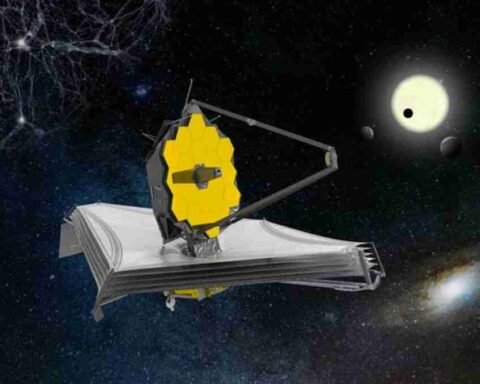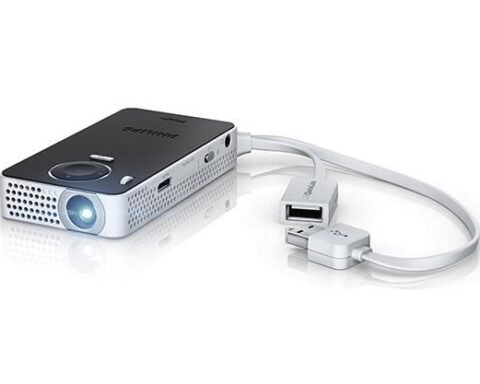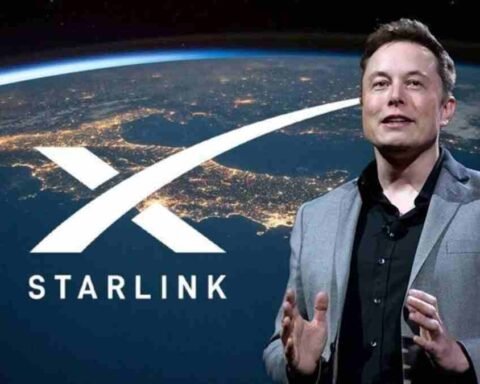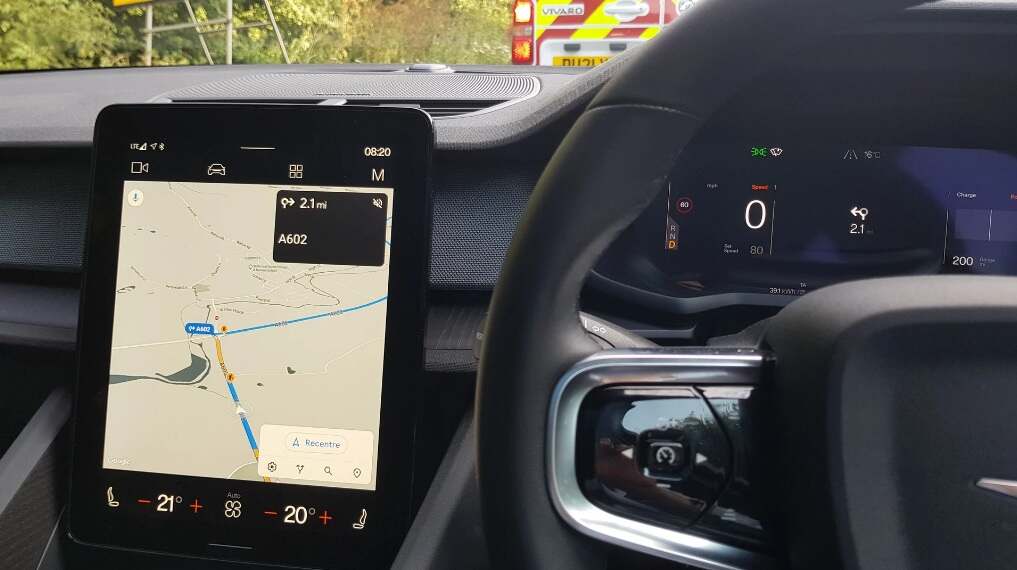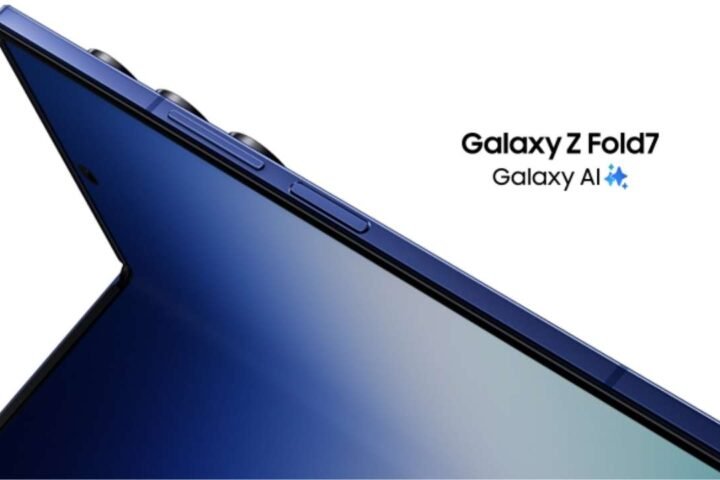Autopilot systems in modern cars combine software and sensors that allow the car to perform specific tasks. These include monitoring the road for objects and following navigation maps to guide the vehicle to its destination. They can also automatically follow or overtake vehicles in front of the driver and even change lanes. In some cases, the driver is expected to maintain complete control of the vehicle, but they can take their hands off the wheel if the system prompts them. This type of assisted driving is already available in many luxury cars from brands including Volvo, Audi, and Tesla.
The parent company of Porsche, Volkswagen (VWAG.DE), will incorporate automated assistance and navigation functions from Mobileye’s so-called “SuperVision” technology platform in future models. This is the second significant signing for the platform with a large automotive group after China’s Geely [RIC: GEELY.UL].
Until recently, most carmakers used Mobileye’s perception technology (EyeQ) chips to build autopilot-like systems into their vehicles. But now, they also integrate the driving control hardware and software required for the entire autonomous operation. Mobileye is currently providing that full-stack solution via the EyeQ 5 chip. They are rivaled by Nvidia, who come from a gaming/AI chip development background and believe that more powerful AI-like systems are needed to achieve reliable, fully self-driving capabilities. Nvidia is supplying solutions to Volvo and Mercedes for their future vehicles.
Porsche has been very aggressive in its pursuit of self-driving technologies. With its active lane-centering feature called Active Lane Assist, it has already made it possible to take hands off the wheel at speeds under 37 MPH. The next step up from that is a Level 3 system they’re referring to as Traffic Jam Pilot that will allow hands-off driving at those lower speeds in some situations.
For now, though, most automakers who work with Mobileye still require drivers to be present in most situations. The exception would be Tesla, which developed its autopilot system that can take over at higher speeds in some circumstances.
In the long run, however, most consumers will want to continue to drive their cars or at least be able to do so if they wish. That could mean systems like the one that Mobileye and others offer will be very popular.
Intel’s purchase of Mobileye is a bet that it can take advantage of this growing market. While the company has suffered recent losses, it is approaching annual profitability. Most of its revenue is from selling its EyeQ chips to car manufacturers and suppliers. The acquisition gives Intel instant credibility in the auto industry, where it is lagging behind competitors such as Nvidia and AMD. It also gives the company access to a valuable intellectual property portfolio that includes patented vision-based driver assistance technologies.

